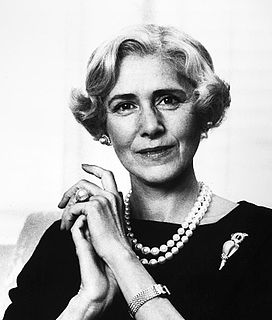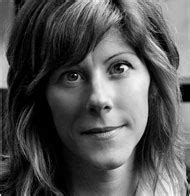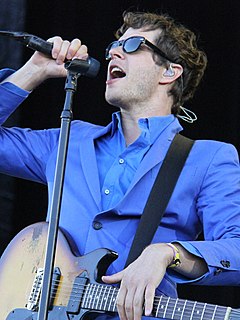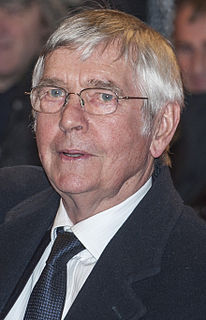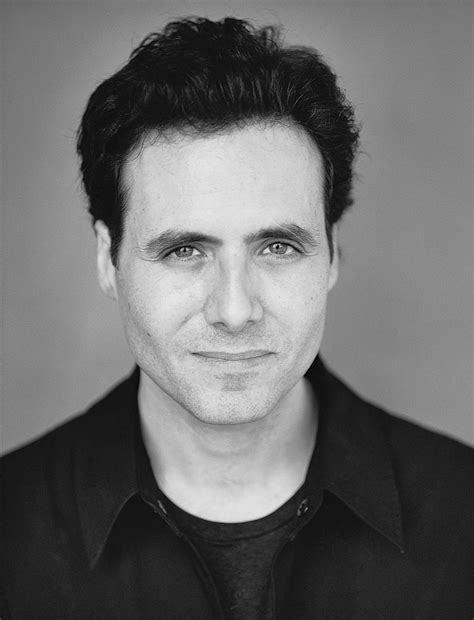A Quote by Jonathan Franzen
Mr. Franzen said he and Mr. Wallace, over years of letters and conversations about the ethical role of the novelist, had come to the joint conclusion that the purpose of writing fiction was “a way out of loneliness.” (NY Times article on the memorial service of David Foster Wallace.)
Related Quotes
David Foster Wallace is a big idol of mine. His writing is so clear that for years I'd read him and think, My God, he is actually writing the way I think. He's describing the thoughts in my head. And then I realized, No, wait. He's just such a good writer, so transparent and articulate, that when he describes his thoughts, I think they're my own.
Wallace's sales agent, back in London, heard mutterings from some naturalists that young Mr. Wallace ought to quit theorizing and stick to gathering facts. Besides expressing their condescension toward him in particular, that criticism also reflected a common attitude that fact-gathering, not theory, was the proper business of all naturalists.
Every genuinely literary style, from the high authorial voice to Foster Wallace and his footnotes-within-footnotes, requires the reader to see the world from somewhere in particular, or from many places. So every novelist's literary style is nothing less than an ethical strategy - it's always an attempt to get the reader to care about people who are not the same as he or she is.

